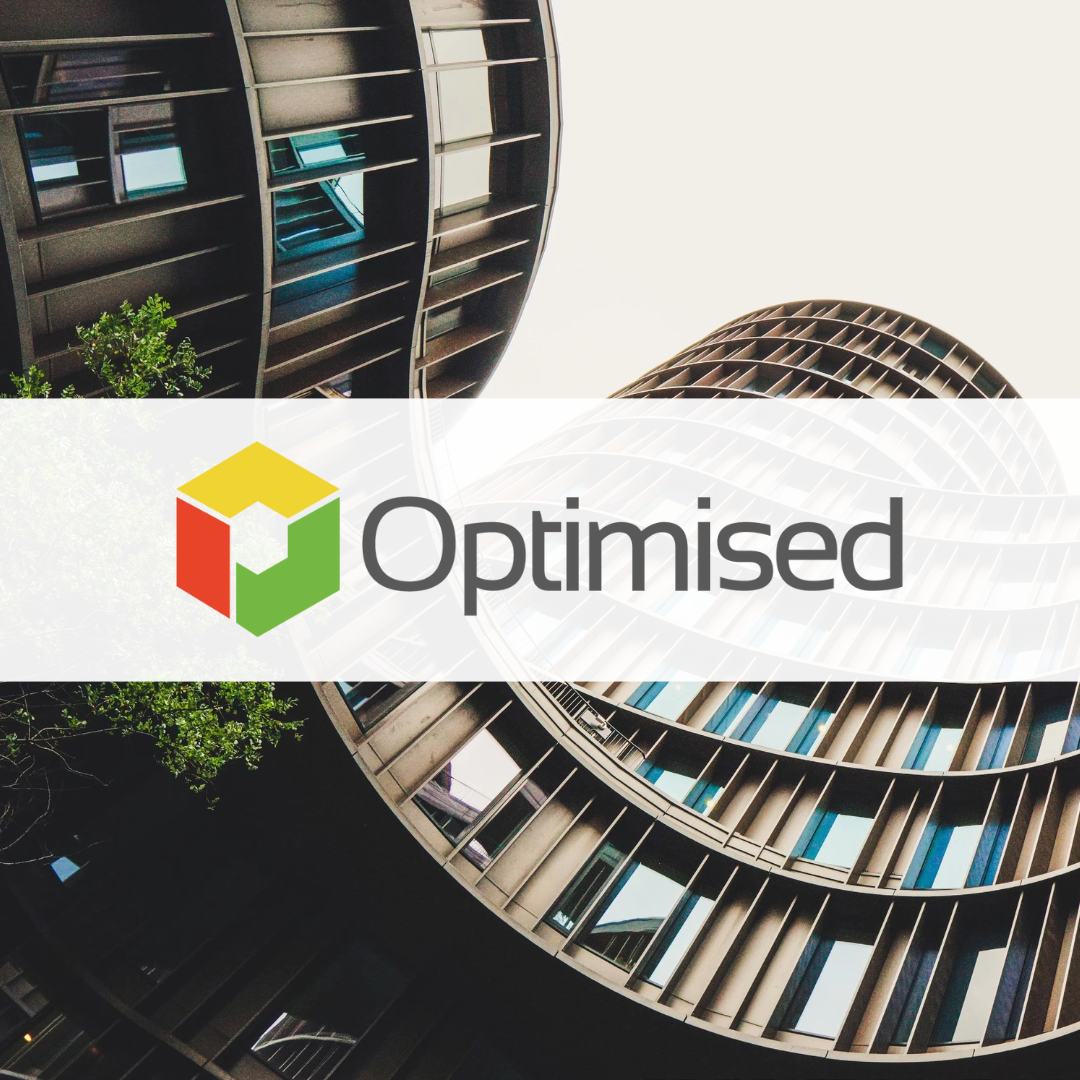
Shared 22 August, 2024
PropTech Connect » News & Insights » News

What is building optimisation?
Building Optimisation is a rapidly evolving field that aims to enhance the energy efficiency, sustainability, and overall performance of buildings. As we look into the future, several trends and advancements are expected to shape the future of building optimisation.
How will AI play a role?
Artificial Intelligence (AI) and Machine Learning (ML): AI and ML technologies are increasingly being integrated into building optimisation systems. These technologies can analyse large amounts of data from various sources, such as sensors, weather forecasts, and occupancy patterns, to make informed decisions and automate building operations. AI-powered algorithms can optimise energy consumption, adjust lighting and HVAC systems based on real-time conditions, and predict maintenance needs to improve overall building performance.
How can IOT support building optimisation?
Internet of Things (IoT) and Connectivity: The IoT is connecting devices, sensors, and systems within buildings, enabling real-time monitoring and control. This connectivity allows for seamless data exchange between various building systems, enabling better coordination and optimisation. For example, sensors can detect occupancy and adjust lighting, temperature, and ventilation accordingly, leading to improved energy efficiency and occupant comfort.
Using building data to improve energy efficiency
Data Analytics and Predictive Maintenance: Building optimisation systems are becoming more sophisticated in leveraging data analytics and predictive maintenance techniques. By analysing historical data and utilising machine learning algorithms, building operators can identify patterns and anomalies, predict equipment failures, and schedule proactive maintenance, thus reducing downtime and maximising energy efficiency.
Integration of renewable energy
Renewable Energy Integration: With the increasing emphasis on sustainability, future building optimisation strategies will focus on integrating renewable energy sources. Buildings will incorporate solar panels, wind turbines, and other renewable energy technologies to generate power on-site. Optimisation algorithms will prioritise the use of renewable energy sources and manage energy storage systems to optimise energy usage and minimise reliance on the grid.
Driving occupant engagement
Occupant Engagement and Personalisation: Building optimisation is shifting towards occupant-centric approaches. Advanced systems will allow occupants to have greater control and visibility over their environment, such as adjusting lighting, temperature, and airflow preferences through mobile apps or voice commands. Personalisation and adaptive systems will optimise settings based on individual preferences and behaviour, enhancing occupant comfort and well-being.
Boost outstanding environmental ratings
Green Building Certifications and Regulations: Governments and regulatory bodies worldwide are increasingly adopting stricter energy efficiency standards and green building certifications. Building optimisation will play a vital role in meeting these requirements. Future building optimisation solutions will focus on achieving and maintaining certifications like LEED (Leadership in Energy and Environmental Design) or BREEAM (Building Research Establishment Environmental Assessment Method) by continuously monitoring and optimising building performance.
Overall, the future of building optimisation will revolve around harnessing advanced technologies, optimising energy consumption, integrating renewable energy sources, prioritising occupant comfort and engagement, meeting green building certifications, and embracing sustainability throughout the entire building lifecycle.
Optimised Buildings will be presenting at Proptech Connect this September, sharing insights on Building Optimisation, and how technological advancements will result in more energy-efficient, sustainable, and intelligent buildings that enhance the well-being of occupants and contribute to a greener future. You can learn more about the efficiency and decarbonisation drive there.
Article by Gary Bark, Sales & Marketing Director at Optimised Buildings
Join our community of 200,000+ real estate leaders and get weekly insights and updates with our newsletter.









*Offer ends on Friday, 7th February.
